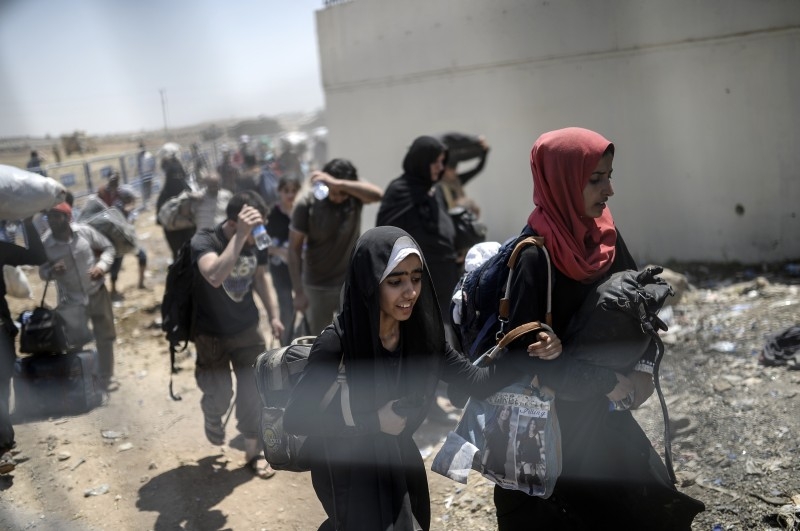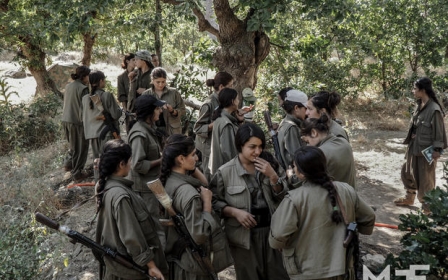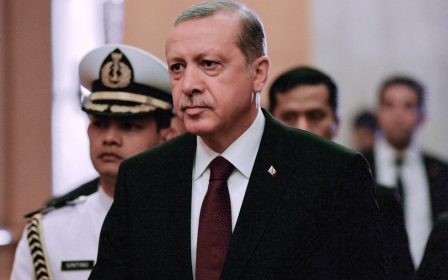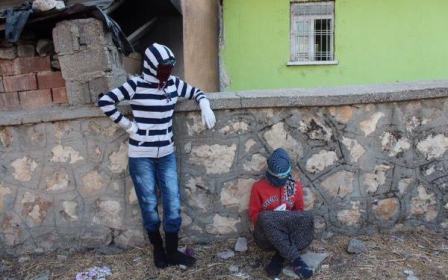Turkey constructing 45km wall along border with Syria

Turkey is in the process of constructing a 45km wall along its border with Syria purportedly in order to deter militants from travelling across the border in both directions.
According to the Dogan news agency, 12km of the concrete wall has already been built along the border at the town of Reyhanli, in Hatay province, across the border from the Syrian town of Atmeh.
The Turkish military is also digging ditches, expected to stretch eight kilometres, just behind the wall, according to Anadolu Agency.
Turkey has faced criticism in past for having a lax approach to security at its borders. The Syria-Turkey border has been a major point of entry for people travelling to fight with militant groups like Al-Nusra Front and the Islamic State (IS).
The killing of 33 pro-Kurdish socialist activists in the Turkish border town of Suruc – allegedly by a member of IS - in July has heightened fears of a spillover from the war in Syria into Turkey.
The attack also led to a breakdown in the state's two-year ceasefire with the Kurdistan Workers Party (PKK) who hold the Turkish state responsible for the deaths in the Suruc attack.
In May 2013, Reyhanli was the scene of a major car bomb attack that killed 52 people. Turkey pinned the blame on groups linked the Syrian government, but Damascus strongly denied the allegations.
The Turkish government later stated that an al-Qaeda linked group was responsible.
Turkey has also been struggling to cope with a growing influx of refugees from Syria. The country currently hosts more than 1.8 million refugees from Syria.
Though the Turkish government has previously highlighted its care of refugees as a source of pride, signs have emerged of frustration at Europe's unwillingness to take in its share.
"Turkey has been left alone as if this is its own problem," Fuat Oktay, director of Turkey's Disaster and Emergency Management Agency (AFAD), told Reuters in an interview on Thursday.
This is not a problem Turkey created nor one it can end. It is a humanitarian tragedy, and if the EU were to stand with Turkey it would directly serve its own interests."
New MEE newsletter: Jerusalem Dispatch
Sign up to get the latest insights and analysis on Israel-Palestine, alongside Turkey Unpacked and other MEE newsletters
Middle East Eye delivers independent and unrivalled coverage and analysis of the Middle East, North Africa and beyond. To learn more about republishing this content and the associated fees, please fill out this form. More about MEE can be found here.




